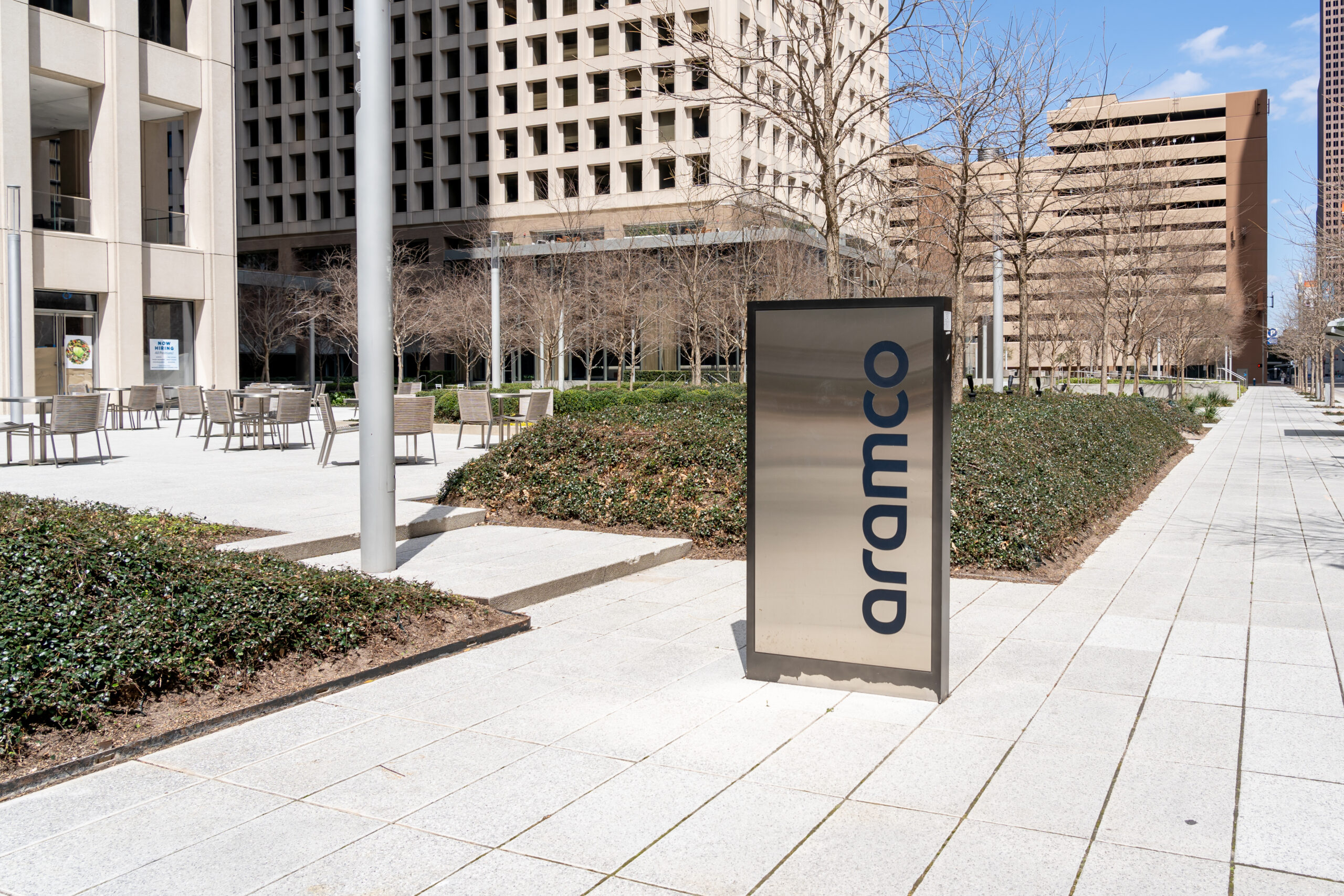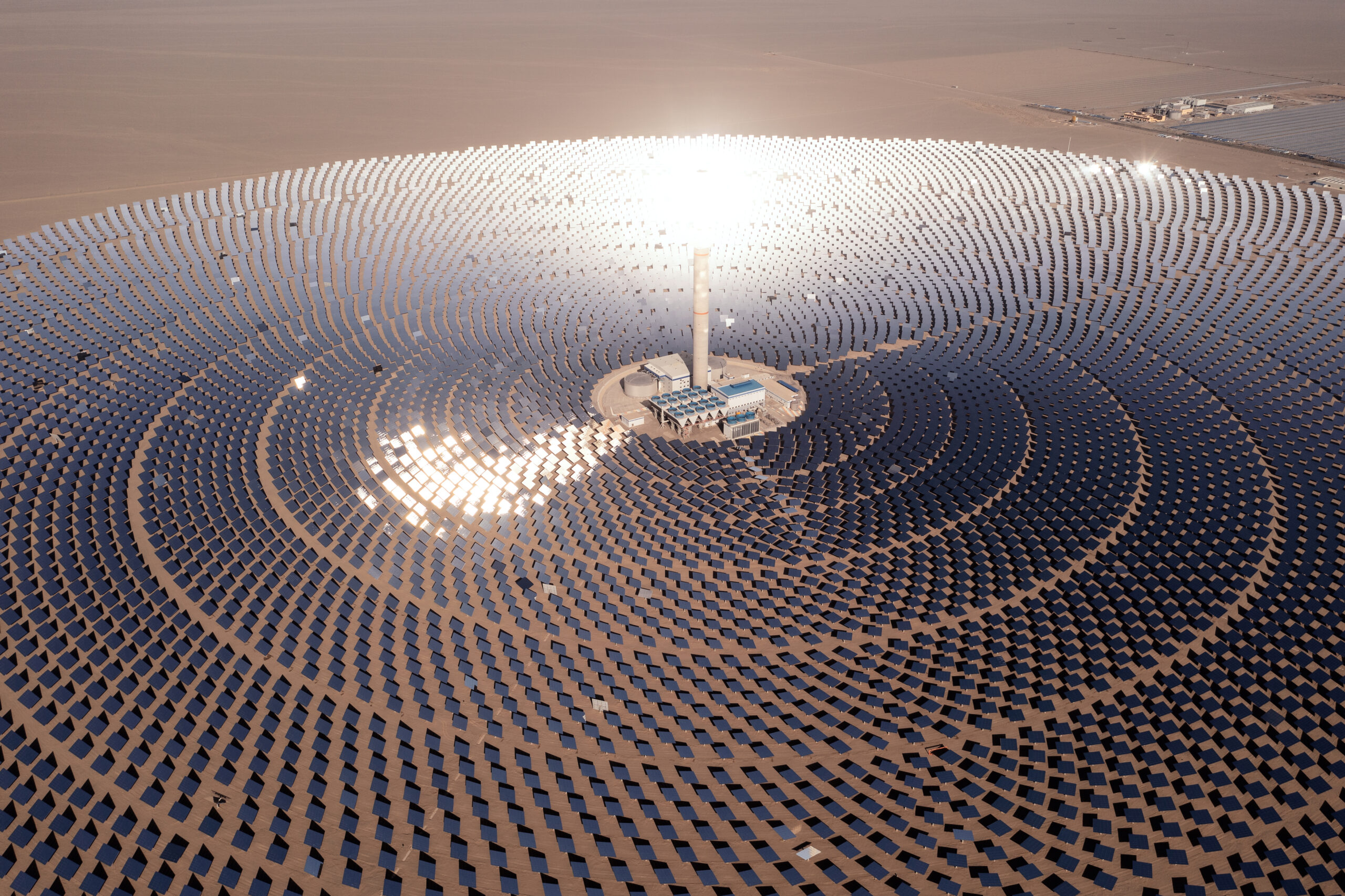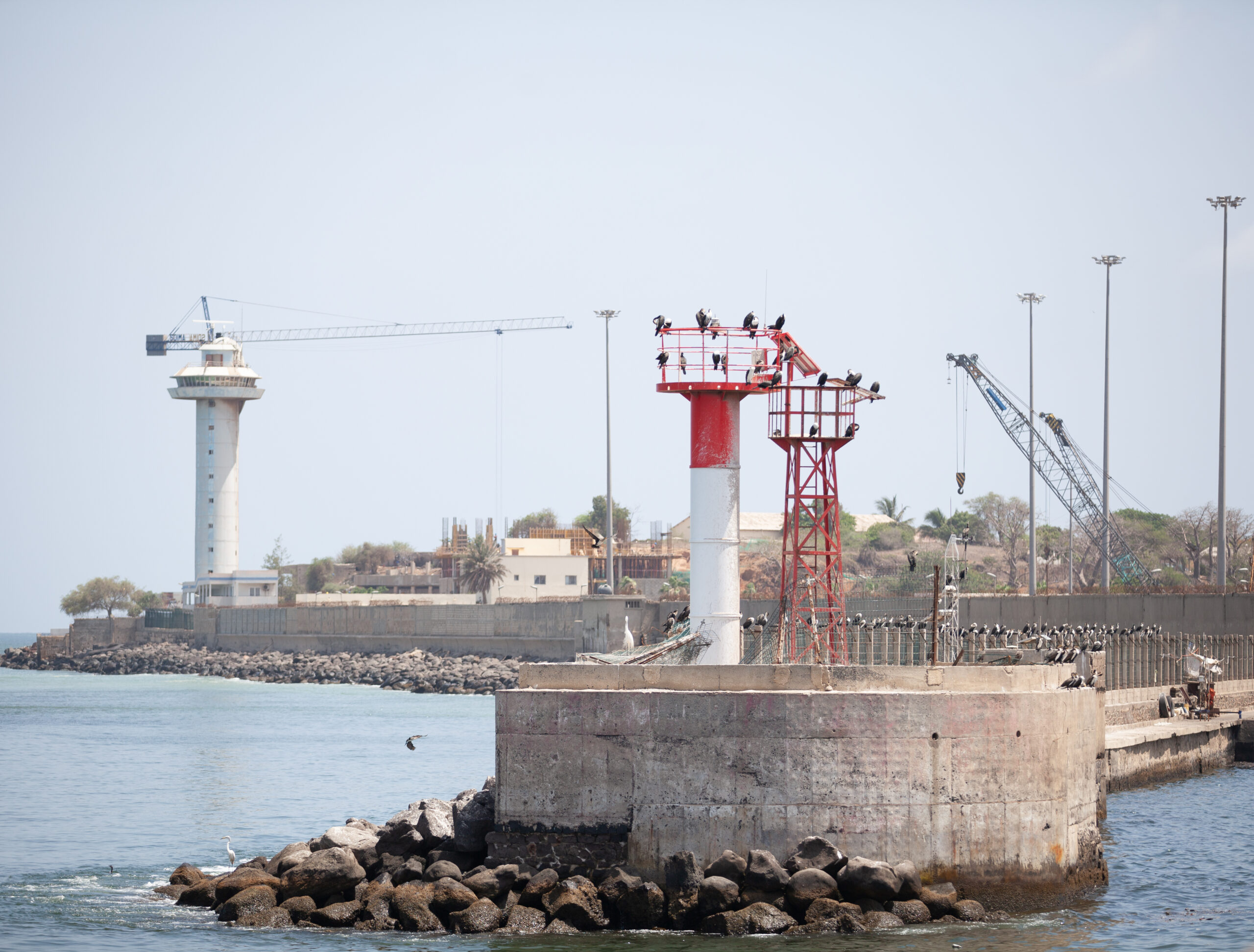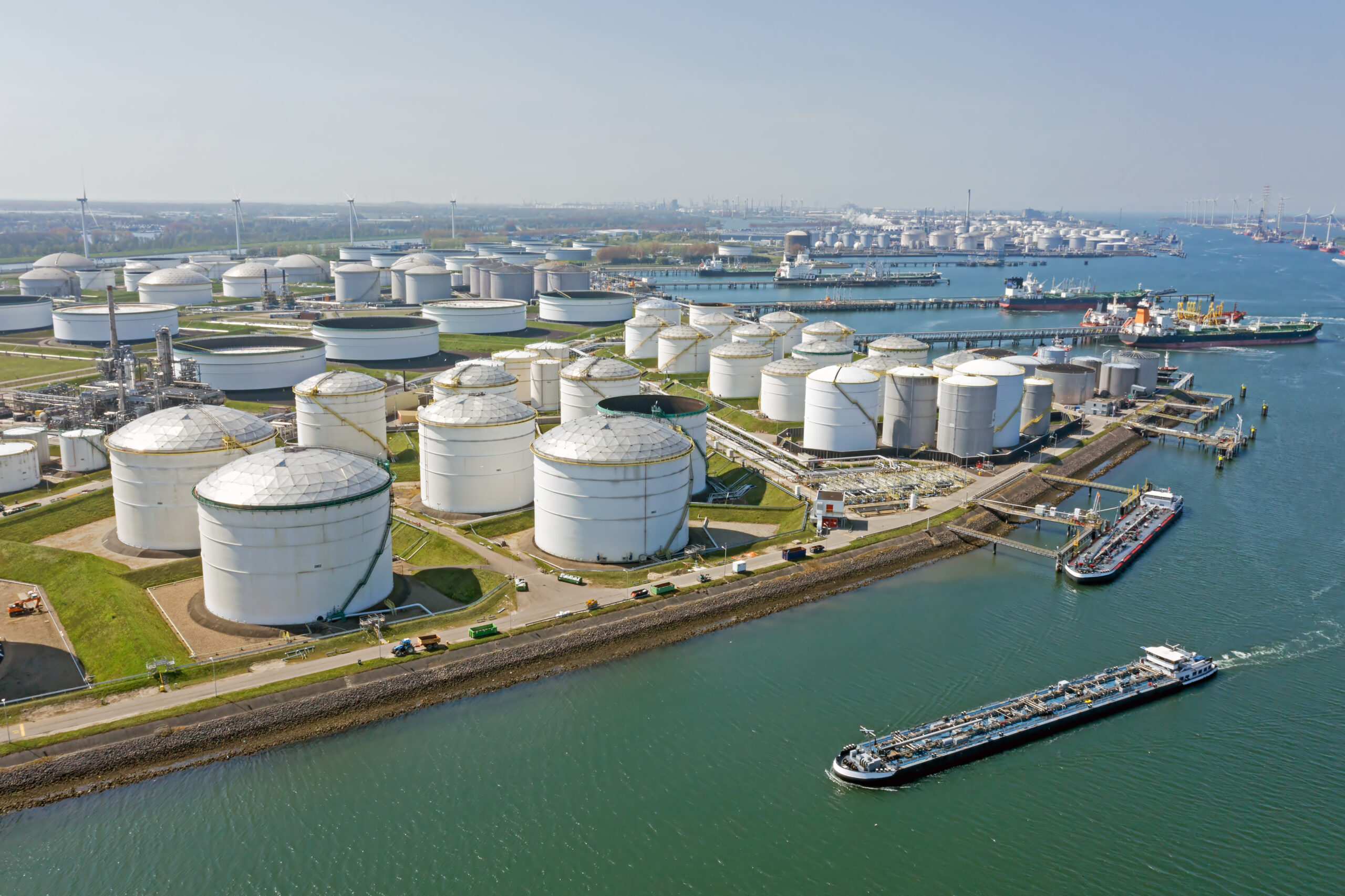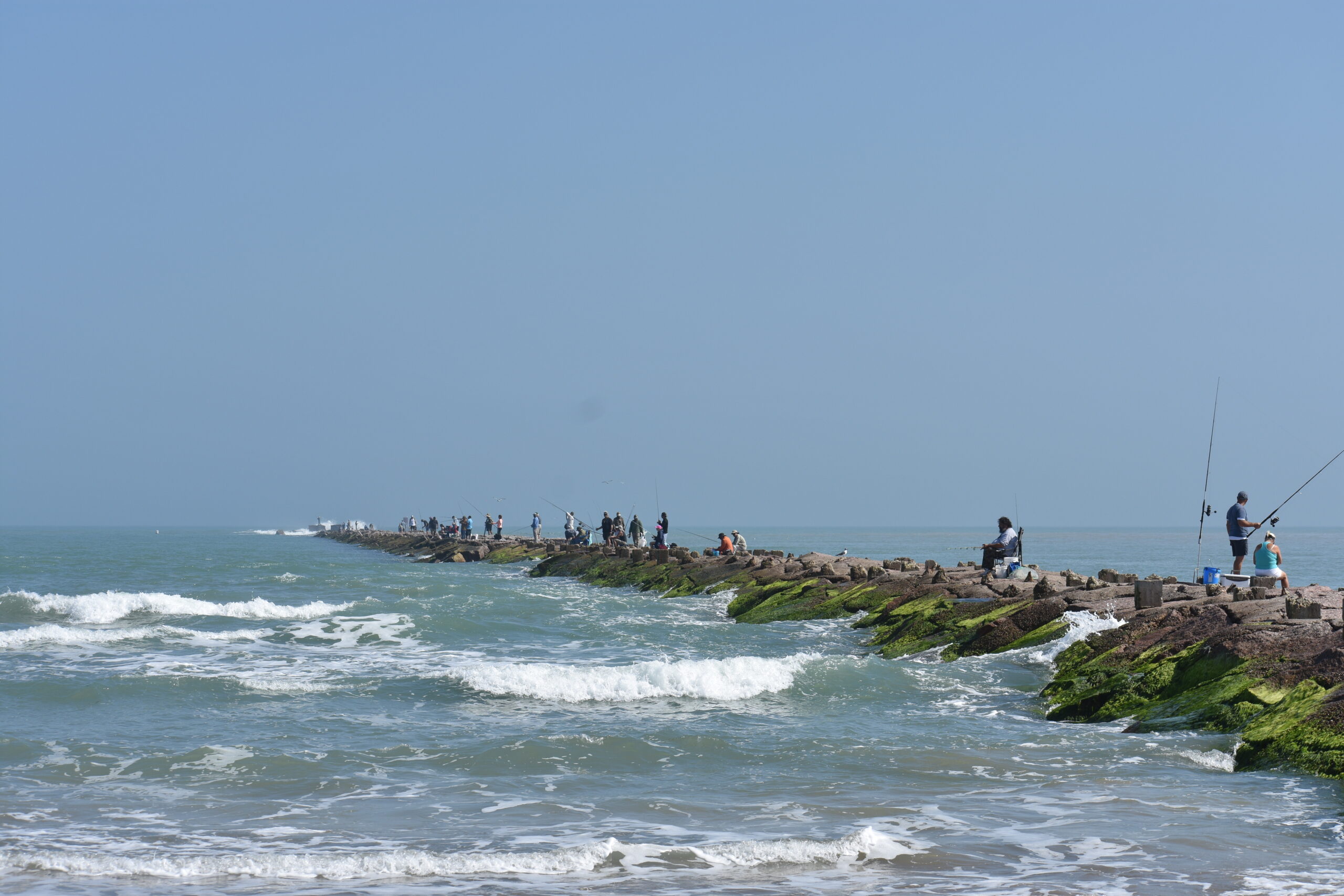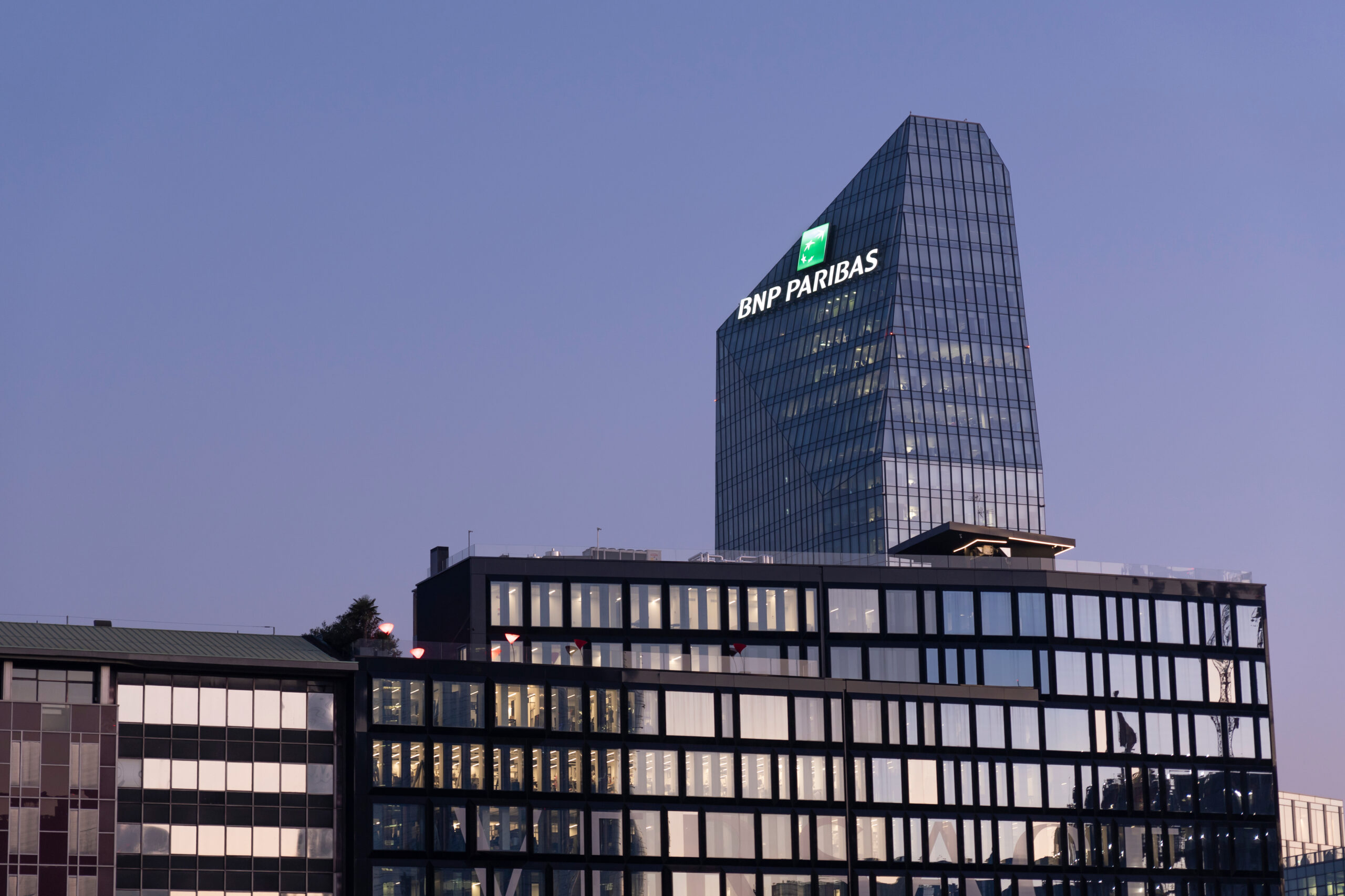Financing
The move comes as experts warn of a growing “reputational risk” for institutions like Cambridge University if they collaborate with oil and gas companies.
Analysts say that potential investments from Saudi Aramco and ADNOC in U.S. LNG could propel projects forward. Meanwhile, in Houston, gas executives voiced confidence in the trajectory of their industry at CERAWeek.
For China to rein in its carbon emissions from its largest polluting segments will require massive energy transition finance, according to a new report.
African LNG development continues to run into delays owing to various factors including a lack of investment, security issues and poor infrastructure.
A new report tracks the wave of global LNG projects proposed or under construction. But not all will get built, and the financial risks are significant as the energy transition proceeds.
Australia and Norway announced at the COP28 summit earlier this month that they were joining the Clean Energy Transition Partnership (CETP), but concerns over signatories’ missing targets remain.
The massive gas export facility Rio Grande LNG includes the largest greenfield project financing deal in U.S. history, but the export terminal threatens the Texas coast and will lock in climate pollution for years to come.
The French bank said it would no longer directly finance any oil and gas projects. But critics say the policy does nothing to sever ties with the companies themselves, allowing some oil and gas financing to continue.


